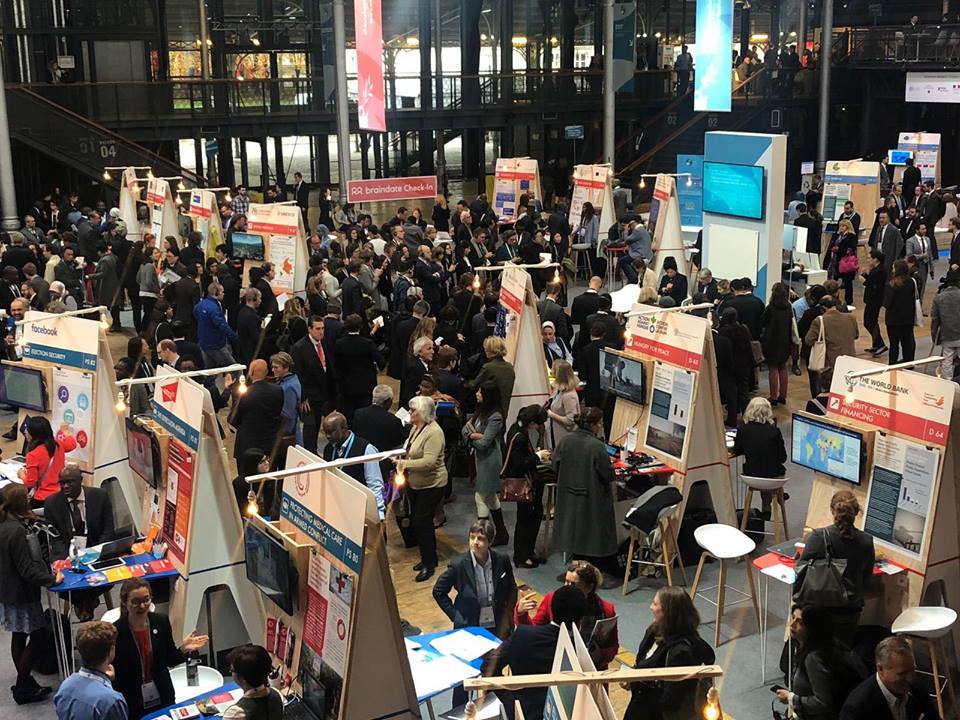
The Paris Peace Forum – A level playing field for global governance?
On Monday November 12, queuing to pass the security check of the Grande Halle de la Villette was a long row of seemingly ordinary people chatting in their winter coats. Nothing extraordinary, nothing excessive, the frenzy of the day before had gently faded away. Big speeches, heads of state, grand commemorations of World War I, the flashes of journalist cameras had given place to another kind of Forum, one where civil society triumphed. Here no resolutions would be passed or treaties signed but like-minded actors from all spheres and levels of society would be brought together to debate on the interlinkages between peace and global governance. Inadvertently, the purpose of this Forum seemed to be to connect the world peacefully by uniting civil society in one great hall.
This Forum, which was created at the initiative of French President Emmanuel Macron, was conceived as an event similar to the COP21. If great issues such as the environment urge for international cooperation and awareness, then peace should be one of them. So what better occasion than the centenary of the end of World War I, a historical moment where peace was at the centre-stage of preoccupations, to host such an event? The forum aimed at being a landmark of peace in the 21st century, one that reminded the world peace shouldn’t be taken for granted and that global governance should be at the forefront of the solution. Inaugurated on “Armistice Day” by French President Emmanuel Macron together with over sixty heads of state and government as well as the United Nations, the World Trade Organization, the Organization of Economic Cooperation and Development, the International Monetary Fund, the World Bank, and UNESCO, the Paris Peace Forum started in the customary international conference manner1. Clearly, the opening speeches of German Chancellor Angela Merkel, UN Secretary General Antonio Guterres, and French President Emmanuel Macron firmly advocated a world order opposed to the of the increasing unilateral trend in politics so overtly cherished by President Donald Trump – absent from the forum to visit the American Suresnes Cemetery. These postures were ones of inclusivity, binding and multilateral cooperation.
The format was not however that of a classic international conference but rather, it was modelled on the World Economic Forum of Davos. Centered on those who week to develop solutions for today’s transborder challenges, the Paris Peace Forum was first and foremost a great attempt at multistakeholderism including stakeholders ranging from states, international organizations, local governments, NGOs and foundations, companies, experts, journalists, trade unions, religious groups and citizens. Departing from a state-centric approach to global governance, the Paris Peace forum succeeded in making this event one where civil society was the focus. The disposition of the Grande Halle de la Villette was a multifaceted space designed to foster and facilitate linkage. It’s cocktail of meet –ups, agora, spaces for innovation, solution and brain-date rounds permitted to connect different stakeholders through informal or more formal means, facilitating direct conversation, exchange and flow of ideas. It all centred around a great space for solutions which collected a rich panel of 119 selected projects all presenting a unique global idea on one of the five following themes: development, environment, inclusive economy, new technologies, peace & security. Each project had the same space to present its idea on an equal standing regardless of whether it came from Microsoft or Facebook or a movement such as 1000 Abrahamic circles or the Belt and Road initiative. Fortunately for the participants, an app helped channel this overflow of eclectic ideas! Therefore, the Paris Peace Forum fully grasped the new paradigm of our times in which states need to work in concert with other actors, each pursuing peace in its own realm of expertise.
Although it is undeniable that the Paris Peace Forum gave an unprecedented opportunity for some unheard voices of ordinary people to express themselves, one can always reflect upon the extent of its inclusivity or the pertinence of it. Indeed, widening the range of actors involved does not necessarily imply including those who are at the margins in decision-making processes. Still, the Paris Peace Forum deserves to be credited for trying to capture the diversity of solutions which exist notably in civil society to promote world peace and helping them grow.
- Louise Riis Andersen, “The Paris Peace Forum – What’s Not To Like?”, The Global Observatory, 16/11/2018
- https://parispeaceforum.org/

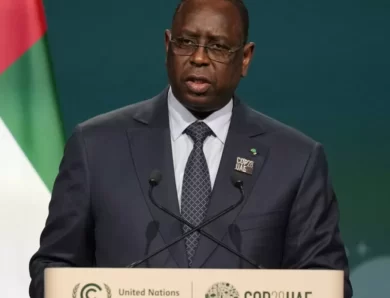
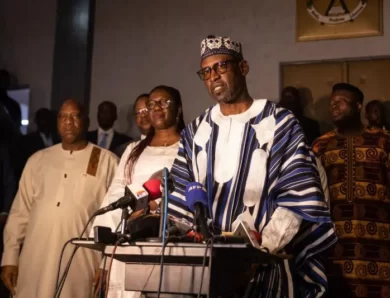
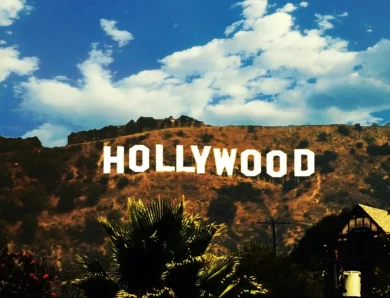
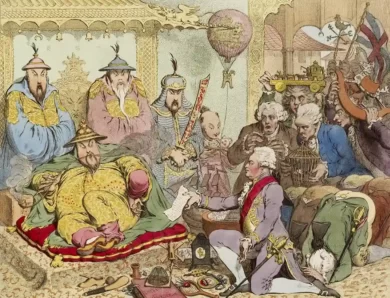
No Comment